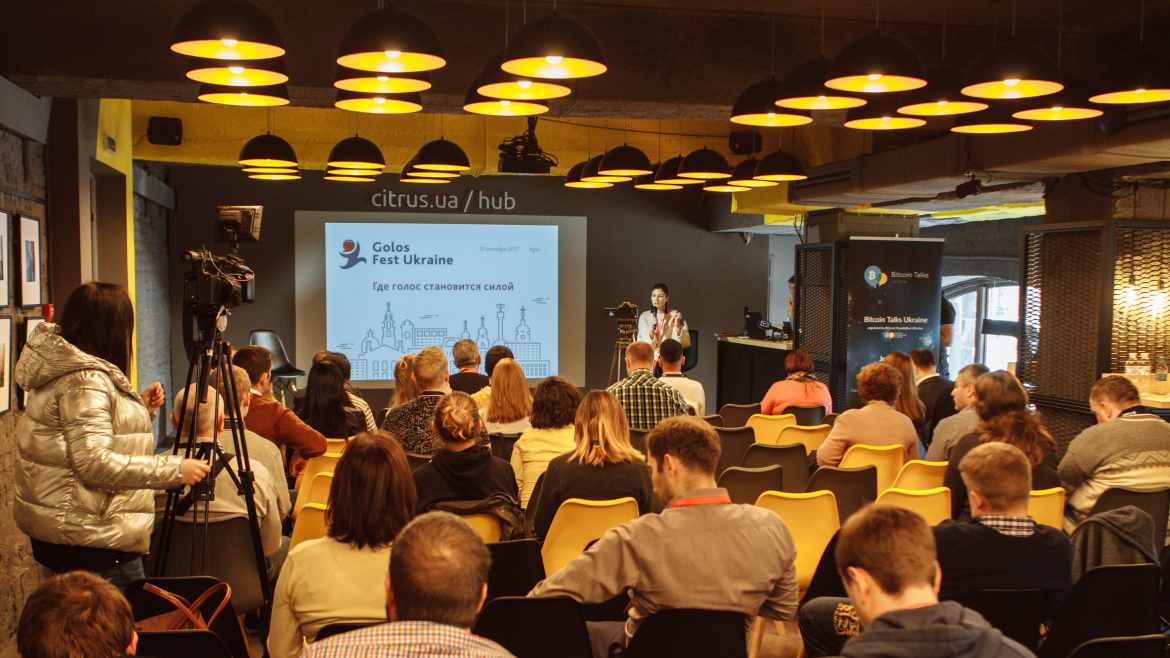
The Blockchain is the most advanced technology of our time. Moreover, many experts believe it is the major invention of the 21st century.
Thanks to Bitcoin, the Blockchain as a technology has generated unprecedented interest. Today, the technology has stretched far beyond its limits becoming an integral part of the financial sphere, insurance, document management, energy, retail and has begun its expansion into all spheres of the modern world. The Blockchain is able to change the media market dramatically, clearing it of plagiarism, political bias and censorship.
The Blockchain is an independent chain of blocks that is publicly accessible and built according to certain rules. It is a global database allowing us to record and store any information. The creation of such chains occurs according to three principles: distribution, openness and protection. They make the system virtually invulnerable. The main and fundamental differences between these entries include an open accessibility of data for review and an inability to forge or modify entries in the Blockchain, i.e. a guarantee of absolute security of information.
Having analyzed these principles, we can say that the Blockchain will take the media to an entirely new level. The technology will allow content creators and their authors to ensure the confidentiality of information, receive the monetary rewards for the creation and distribution of unique content within individual eco-systems and projects. The authors will have a possibility to ‘deliver’ their works to their readers directly without intermediaries, restrictions and censorship.
We may highlight four strong points of the Blockchain technology that journalists, bloggers and writers can turn to advantage:
Content monetization
Today, there are social platforms for bloggers using the Blockchain. For example, the network Steemit and the Russian-language platform Golos are decentralized communities that are moderated exceptionally by the users but not the platform creators or any third party. At the same time, any social activity on the network is paid for with an internal asset, which can easily be withdrawn in a form of fiat funds through exchanges. The rules of such sites are simple: if other members like your post or comment, you can earn hundreds and even thousands of dollars.
Protection against plagiarism
The Blockchain is an open publicly accessible database protected with an encryption mechanism. It is impossible to delete the information or change it in hindsight because all data are scattered over peer-to-peer network members, their copies are saved on a variety of computers. This is one of the most secure systems in the world as users can only change the piece of information that belongs to them. All the data recorded in the Blockchain are publicly available. One may read any part of it at any time and see how the information has changed over time.
Thus, it is possible to avoid unauthorized using and copying of any content without the author’s permission.
Distribution of information without intermediaries and censorship
The Blockchain is inherently a huge database. It can record any information available to a certain circle of users. This information is transferred from one user to another (peer-2-peer) without involving any intermediaries. The author’s content is sent to the reader directly without being moderated by the editor, the owner of the media resource or the supervisory board.
In addition, the problem of censorship and security is solved: a writer exclusively with the help of a private key can make changes to the information and prove their rights to the content.
Openness of the system and the issue of trust
The Blockchain can add transparency to the media market. We have heard of cases when publications are accused of political bias and prejudice. If the media starts creating and distributing content with the help of Blockchain-based projects, they will turn it into a reputation accounting system. The technology excludes the possibility of fraud because all data are open to members and persons who have access to them.
Together, these factors can have a significant impact on the media, taking it to a new level of openness, protection of information and obtaining additional sources of income.
The first all-Ukrainian GolosFestUkraine to be held in Kyiv on October 13, 2017, will give you an opportunity to learn more about new options for the content creation, the problem of plagiarism and sponsored news, the unfair media and journalists in the era of decentralized and independent media platforms. The festival will feature representatives of well-known media projects that will talk about the situation in the media industry, problems existing in journalism in Ukraine and how journalism and social crowdfunding can be altered due to the Blockchain technology advent.
To participate in Golos Fest Ukraine, please pre-register via the link: http://golosfest.ticketforevent.com/
For cooperation, partnership and participation in the event, please call +380937962104 or [email protected]

